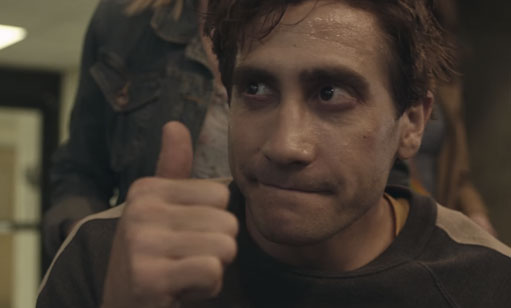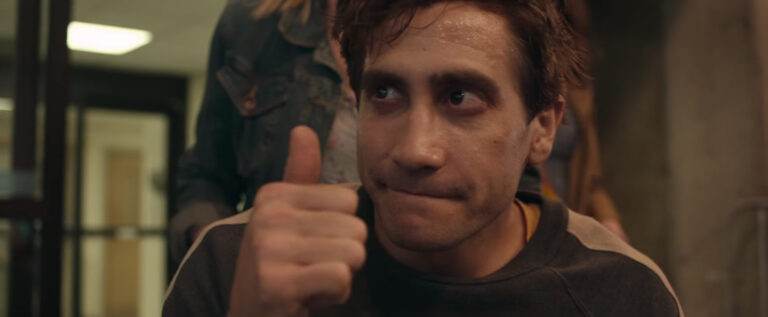Film Review: Stronger
Unvarnished Memoir Of The Boston Bombings Trades Exploitation For Emotion


"Our thumbs still work. Stay strong
Latest Article|September 3, 2020|Free
::Making Grown Men Cry Since 1992


"Our thumbs still work. Stay strong